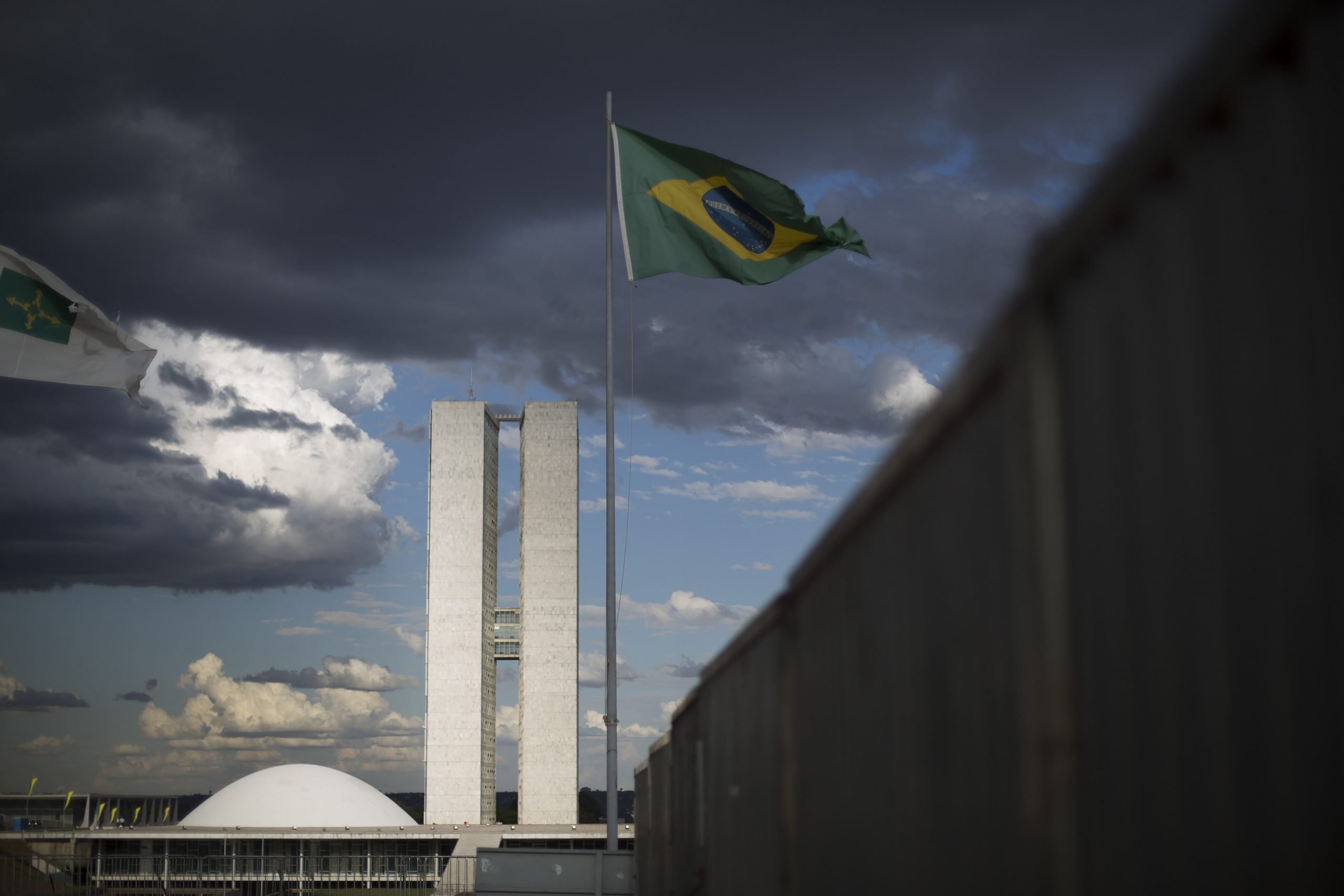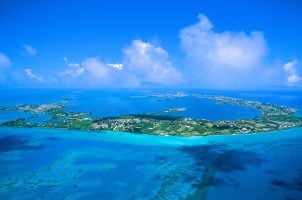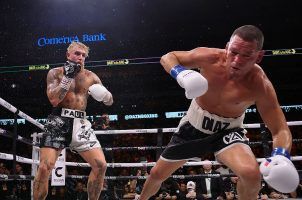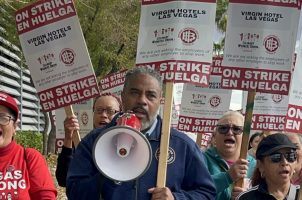Brazil’s House of Representatives Greenlights Gambling Bill
Posted on: February 24, 2022, 06:59h.
Last updated on: February 24, 2022, 01:35h.
Brazil is moving a step closer to reviving a gambling industry that flourished 80 years ago. The country’s House of Representatives approved a bill to legalize gambling. But there are still a few hurdles in the way.

In the early hours of the morning yesterday, Brazil’s House of Representatives approved, by 246 to 202 votes, the basic text of a project that aims to legalize gambling in Brazil.
If the bill makes it all the way through the legislative maze, Brazilians will gain access to legal bingo, casinos, and other forms of gambling.
Legalized Gambling Closer to Reality
The approved text repeals a 1946 law prohibiting gambling in Brazil. Under the 1946 law, anyone who did not comply could get three months to a year in prison and have to pay a fine.
After the adoption of the new basic text, Members will now make an analysis of the highlights, including suggestions for changes in the text. This analysis should take place today and possibly tomorrow.
An integrated resort casino will provide the world conventions that will bring foreign tourists. In these casinos, for sure, will be the commerce, the shopping center, the musical events, the sporting events. This will attract a huge tourism chain generating development,” said Representative Herculano Passos.
After the approval of the highlights, the bill still goes to the Federal Senate and depends on the approval of senators.
While it is still being discussed in the House of Representatives and later in the Senate, gambling remains prohibited in Brazil, existing only on the black market.
A Handful of Casinos Possible
According to the new text, resorts can offer casinos as part of the leisure area complex. However, the space must contain at least 100 high-end hotel rooms, meeting places, restaurants, bars and shopping centers.
If a state has over 25 million inhabitants, it can have up to three casinos. If there are between 15 and 25 million inhabitants, the limit is two. For those states with less than 15 million inhabitants, there can be only one.
In accordance with the current population statistics, São Paulo is the big winner. The state is the only one that can have three. Minas Gerais and Rio de Janeiro each qualify for two. Others, such as Amazonas and Pará, could see just one.
Bingo operators will need to pay a fee of R$20 thousand (US$3,898) per licensed establishment. Online operators and casinos will pay R$600,000 (US$116,940) per licensed domain.
The fees are due quarterly in Reals. The collection will be made on the 10th day of January, April, July and October of each year.
Opposition Speaks Up
Although everything indicates that the bill will also have approval in the Senate, some portions of the population are pushing against the release of gambling in Brazil. Evangelicals and Catholics, for example, have been positioning themselves against the project.
Congressman Sóstenes Cavalcante, president of the evangelical parliamentary front, said that the approval of the project “affects, in particular, the lives of the poorest, the retired, who are the first to develop compulsion, gambling addiction. The legalization of gambling is a disaster for the families of Brazilians.”
The evangelical caucus is hopeful that President Jair Bolsonaro will veto the bill when it arrives at his desk, as he has asserted he would do. Evair de Melo, deputy leader of the government, told local media that “the government liberates its base, because it has parties that have different understandings, and the President of the Republic uses veto prerogative if the project advances and arrives for his consideration.”
However, by being able to invigorate the economy, there is a great chance that Bolsonaro will approve the project, creating a new framework of tension with evangelicals.
Weighing the Good and Bad
Among the strengths deputies who advocate the approval of the project point out, the most common is money tracking. Illegal games currently move about R$27 billion (US$5.27 billion) per year. A regulated market would allow some of this money to go to public accounts and taxes and create new jobs.
Proponents assert that building casinos will help improve the infrastructure of cities. They point to the US as an example. They highlight the fact that entire cities have been built and survive, thanks to gambling.
On the other hand, opponents routinely turn to compulsion and addiction excuses to try to block legalization efforts. These arguments, for as long as they have been used, never hold up. Legalized gambling allows governments to offer protections they can’t while the activity is illegal.
To that end, the new gaming bill authorizes the creation of a regulatory agency, linked to the Ministry of Economy. The agency will be responsible for regulating practices to prevent money laundering and suspected terrorist financing. It is also going to be responsible for implementing safe gambling protocols and methods to address problem gambling.
First, however, it has to get past Bolsonaro.
Related News Articles
Bermuda Getting First Casino After Nine-Year Wait
Drake Bets Big on Jake Paul vs. Nate Diaz Fight and Misses
Dubai Delays Casino Resort Approvals in Potential Blow to MGM
Most Popular
NBA Referees Expose Sports Betting Abuse Following Steve Kerr Meltdown
Robinhood CEO Says Broker is Examining Sports Betting
Caesars Virginia in Danville Delays $750M Casino Resort Opening
NEXT YEAR AT VEGAS SPHERE: James Dolan on What to Expect
Most Commented
-
Caesars Virginia in Danville Now Accepting Hotel Room Reservations
— November 27, 2024 — 8 Comments -
VEGAS MYTHS RE-BUSTED: Casinos Pump in Extra Oxygen
— November 15, 2024 — 5 Comments -
LOST VEGAS: The Historic Holy Cow Casino
— November 29, 2024 — 4 Comments -
NBA Referees Expose Sports Betting Abuse Following Steve Kerr Meltdown
— December 13, 2024 — 4 Comments
















No comments yet